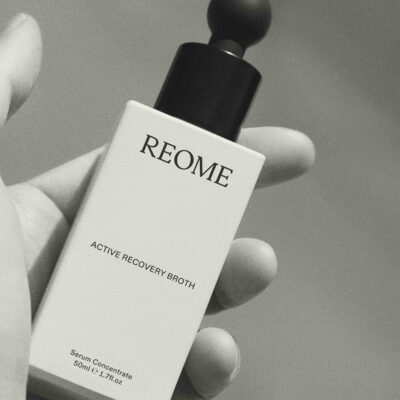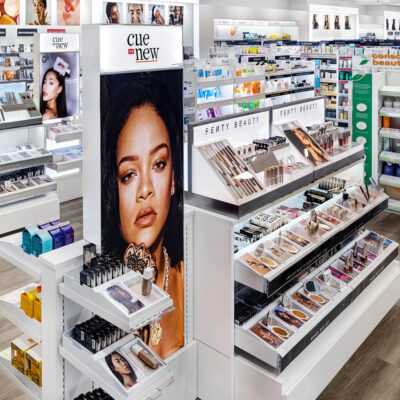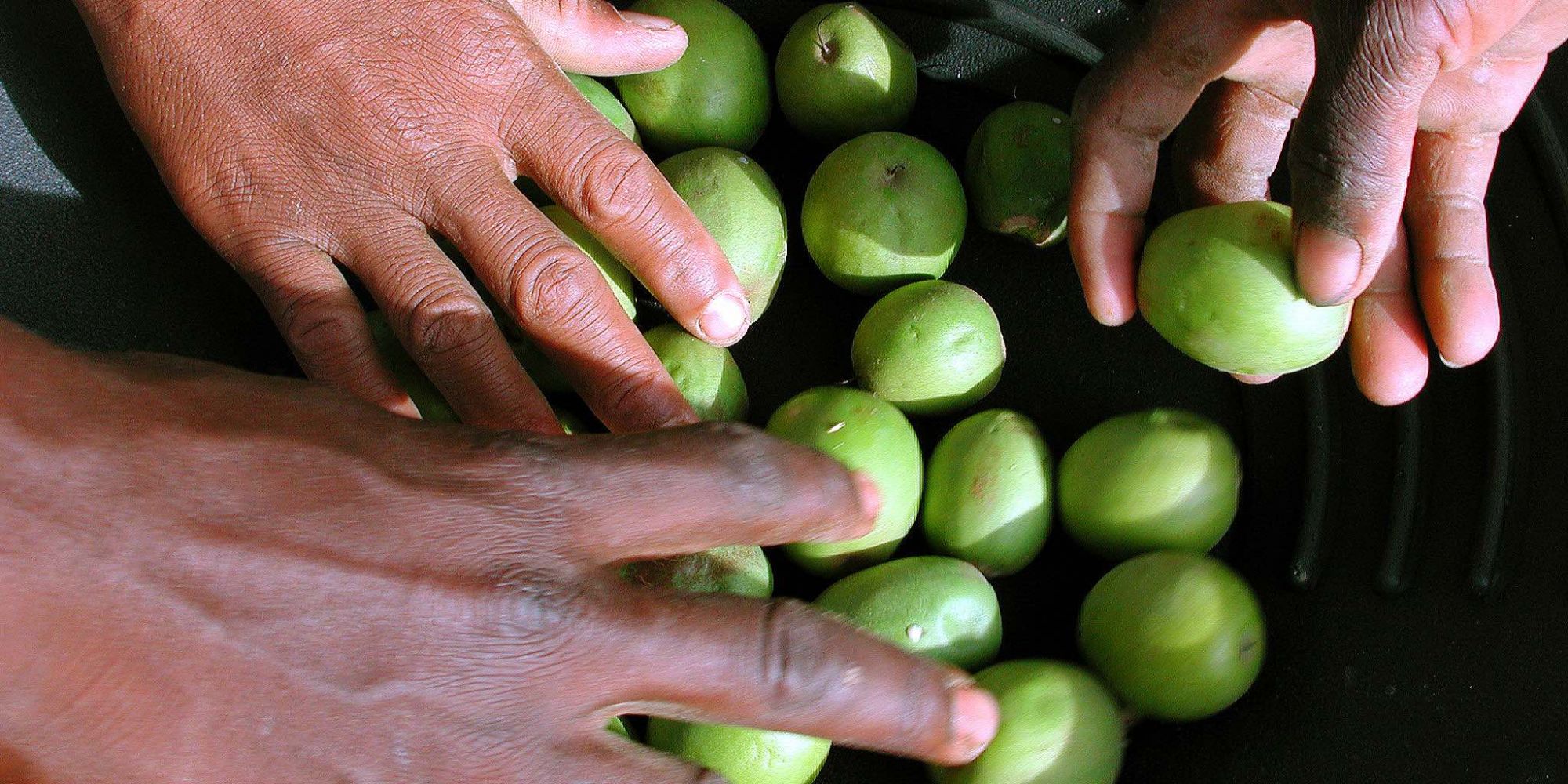
Third-World Problems: As Beauty Ingredients From Africa Gain In Popularity, The Spotlight Turns To Ethical Sourcing Abroad
The latest ‘it’ ingredients in clean beauty might be dirtier than you think.
Renowned for their benefits for skin and hair, moringa, marula and shea butter have infiltrated the beauty segment. Although they’re wildly popular, their paths from sources to shelves are often shrouded in mystery and, along the way, farmers in developing countries can get short shrift. They’re frequently paid low wages and don’t adequately share in the profits of the brands that are tapping their native resources to woo American beauty shoppers.
While most beauty brands turning to Africa and Asia undoubtedly have noble intentions, the perils of relying on inexpensive third-world labor for beauty ingredients are manifold. In an age of rising consumer consciousness, domestic brands largely owned by white men and women selling pricey serums may not escape scrutiny for their international sourcing practices. Aware of concerns, many brands trace the origins of ingredients, but others are unaware of how ingredients come to be, especially if they’re leaning on suppliers for the contents of their formulas.
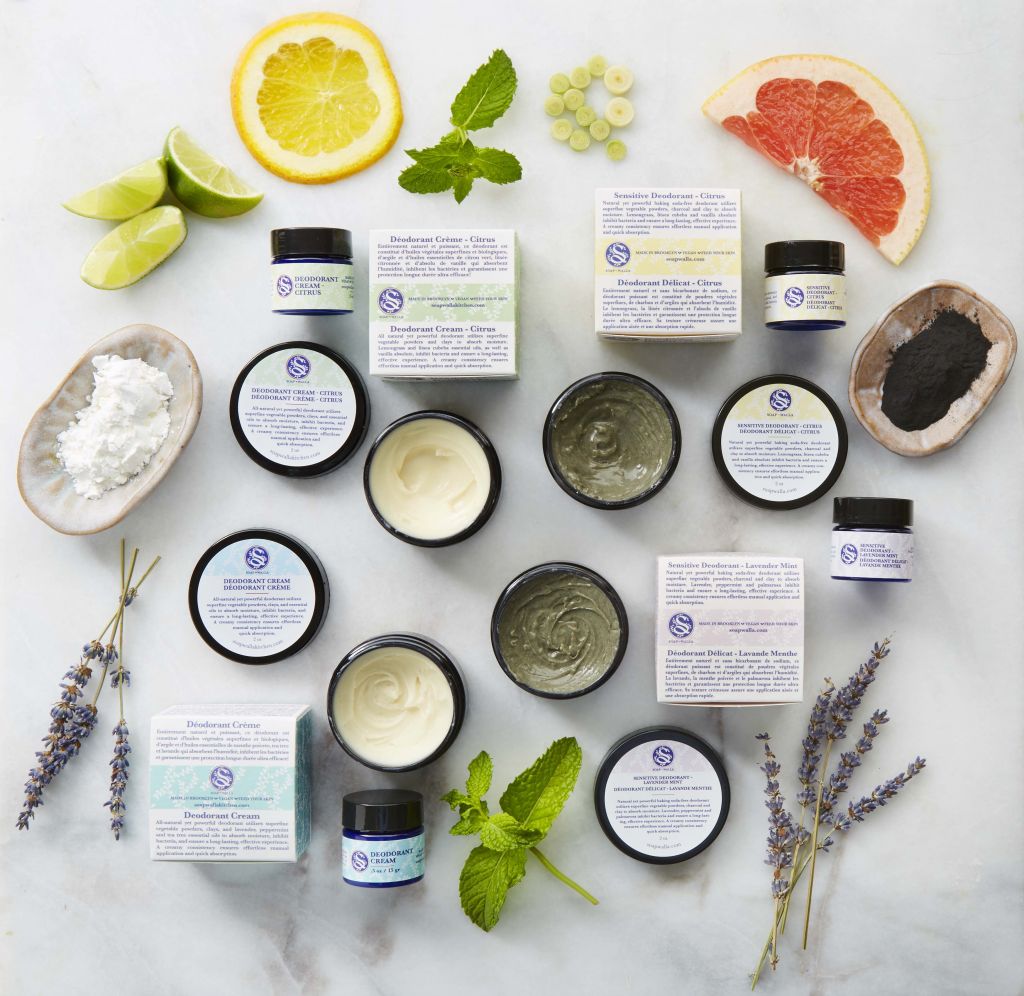
For Rachel Winard, founder of Brooklyn-based vegan skincare line Soapwalla, identifying a supplier that paid farmers fair wages and traded in high-quality sustainable ingredients was practically a part-time job. There isn’t a central resource for companies to authenticate that laborers in developing countries are paid fairly, and not every farm certifies that its ingredients are grown organically. “There are smaller businesses that say, ‘This is too much of a headache,’” says Winard.
After testing small quantities and extensive research, Winard landed on a supplier that shared her passion for environmentally-friendly and socially-conscious ingredients. She purchases shea butter in 50-pound blocks, and baobab, echium and moringa oils in five-gallon buckets through the supplier enlisting a cooperative in Ghana that depends on farm workers who receive a share of the proceeds. The company also works with smaller and medium-sized farms “as long as they’re employing fair-trade standards,” says Winard.
Cooperatives, however, aren’t foolproof. Although they’ll generally have documentation to prove they follow fair-trade arrangements, not all independent farmers will have access to the same certifications, says Emily Cunningham, co-founder of clean beauty brand True Moringa. She explains, “The fair trade certifications are tricky because they’re so expensive for small companies and time and labor intensive.”
True Moringa works with farmers tending to roughly 2,500 one-acre plots of land in the 10 regions of Ghana, making it nearly impossible to secure organic certification. “They own their own acre of land,” elucidates Cunningham. “We will buy all of the Moringa that [they] produce at a set price.”
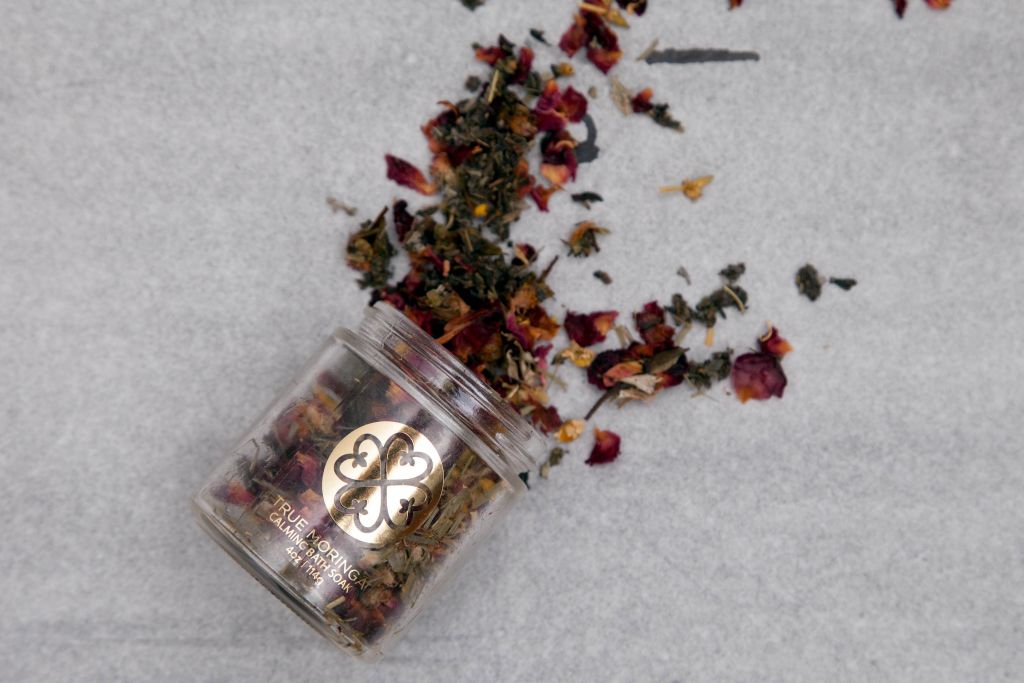
True Moringa draws upon the moringa plant that grows wild in arid climates and can be farmed along with other crops. It grows quickly, with trees producing seeds for harvest in eight months and leaves for harvest in two months. The leaves of the moringa tree have more vitamin A than carrots, more protein than eggs, more calcium than milk and more iron than spinach. The leaves can be pressed into a powder while the oil seeds are cold pressed into hair and skin oils, says Cunningham. “For the contract farmers, moringa was essentially a garbage crop before us,” she says. “Any money they earn from the seeds is additional income.”
Much of the independently-farmed moringa that goes into True Moringa’s hair, face and body products isn’t certified organic. Contract farmers in Ghana can earn between four and 10 times what an average farmer earns in the region from farming moringa oil. The salary is in line with what a school teacher makes in Ghana.
True Moringa created a so-called nucleus farm to plant more than 250,000 moringa trees while creating a centralized workplace. It serves as a place to train local workers and promote sustainability as product demands increase. At the nucleus farm, the product is certified organic and sold wholesale to beauty companies as well. “We technically don’t own the farm. We lease it from the village and the government,” says Cunningham. “As part of that agreement, some of the proceeds will go back to the community to build better clinics or schools or however they see fit.”
True Moringa co-founder Kwami Williams works on-site and manages coordination between the workers in Ghana and the brand’s Boston headquarters. Because he lives in the community, Williams understands the local dynamics and can erect a fair system for those employees, Cunningham says. The Ghana-based team handles payroll for contract workers, where an agricultural extension officer will withdraw money from a village money transfer stall and distribute the cash. “The mobile money helps with the issue of carrying around a lot of cash,” says Cunningham.
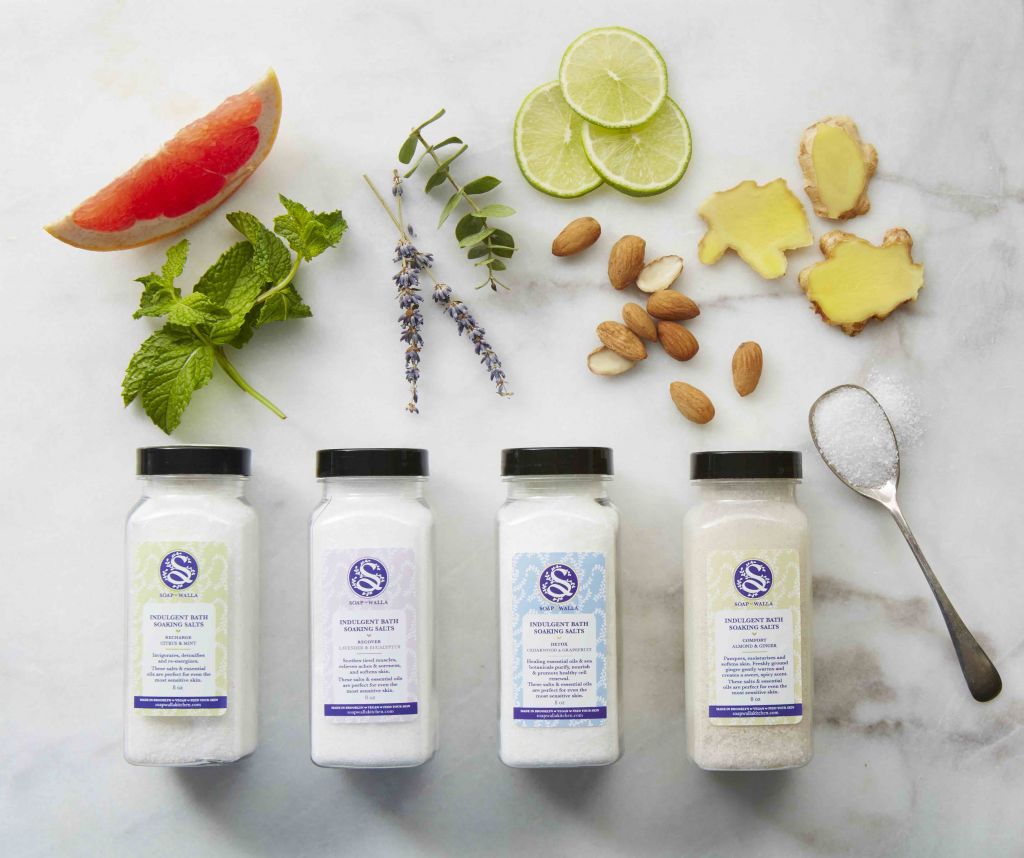
True Moringa’s connections to the community responsible for its ingredients are strong, a critical aspect of sourcing properly. Paul Landau, a professor of history at the University of Maryland in College Park, Maryland, underscores that the worst mistake an entrepreneur can make is not consulting the local community before leveraging its resources. “Make an appointment, introduce yourself,” he says. “This approach is used on a local level in specific niche industries.”
Familiarity with local conditions can help a beauty brand garner an understanding of fair wages in an area. Low wages can be exploitive, and high wages that transform a task into elite labor can become distortive within the community, Landau says. With a partnership, companies can recruit farmers motivated by profit sharing and potentially avoid exploitive arrangements. “It’s easy as an entrepreneur to get excited about an idea without understanding the nuances of social context,” says Cunningham.
A big challenge for beauty brands is when the company doesn’t have the bandwidth to take trips to the farms, let alone have the expertise on fair wages for a particular region specializing in an in-demand ingredient. A strong partnership with a local adviser or trusted supplier can make the difference. Eyes on the ground can give beauty brands based abroad a heads up if challenges arise, suggests Winard. “You’ll know earlier than later,” she says. “Good or bad, it will make itself more apparent.”
“It’s easy as an entrepreneur to get excited about an idea without understanding the nuances of social context,” says True Moringa co-founder Emily Cunningham.
Winard tries to give her suppliers a six-month ingredient forecast to align with their commitments to sustainability. When companies enter developing countries to farm and collect natural resources, they risk over-harvesting ingredients and destroying crops. While some companies like True Moringa build their own farms on land rented by chiefdoms or local governments, others hire small contractors who may not be able to scale to a company’s needs.
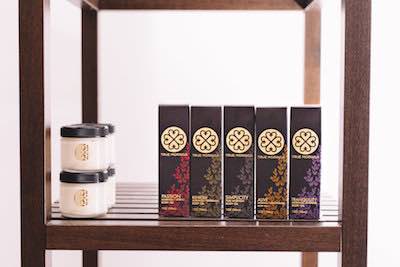
“We’re sensitive that we don’t want to strain the farms,” says Winard. She typically divides the number of oil buckets between two farms for sustainability purposes. A supplier like Winard’s will be able to aid with sustainability strategies. It will be pricey, though, she says. An ethical supplier could add 10% to the overall costs. “This does cut into your bottom line,” says Winard. “It’s not just money, but the intangibles.”
One of those intangibles is the goodwill the brand garners from its customers. Winard says her customer base is highly-educated, and will call and email questions to her five-person team about its sourcing. Similarly, Cunningham has an FAQ on her website that highlights the company’s commitment to using fair labor practices.
If unearthing information is tricky for brands because there’s no centralized depot for trusted ethical sourcing materials, conscious consumers are in an even more difficult spot. They’re left to their own devices when attempting to make purchasing decisions that will uphold their values. Cunningham and Winard suggest customers research individual brand stories and reach out for details if they’re unsatisfied. Winard says, “Companies that are willing to talk about it likely have nothing to hide.”
TAKEAWAYS
- The use of a supplier with ethical sourcing practices will tack on an additional 10% to overall costs. Conscientious brands should ask their suppliers for recommendations of other ingredients if their preferred ingredient poses a problem along the supply chain.
- An on-site liaison in countries of origin will help support the supply chain, especially if a beauty brand isn’t working with a supplier. On-site liaisons understand the local economy and what a competitive wage looks like in a region while also letting the brand know if there are any supply issues.
- Customers should reach out to individual beauty brands to obtain more information on the supply chain, and brands should have that information readily available to communicate to conscious consumers that they’re upholding those consumers’ values.



